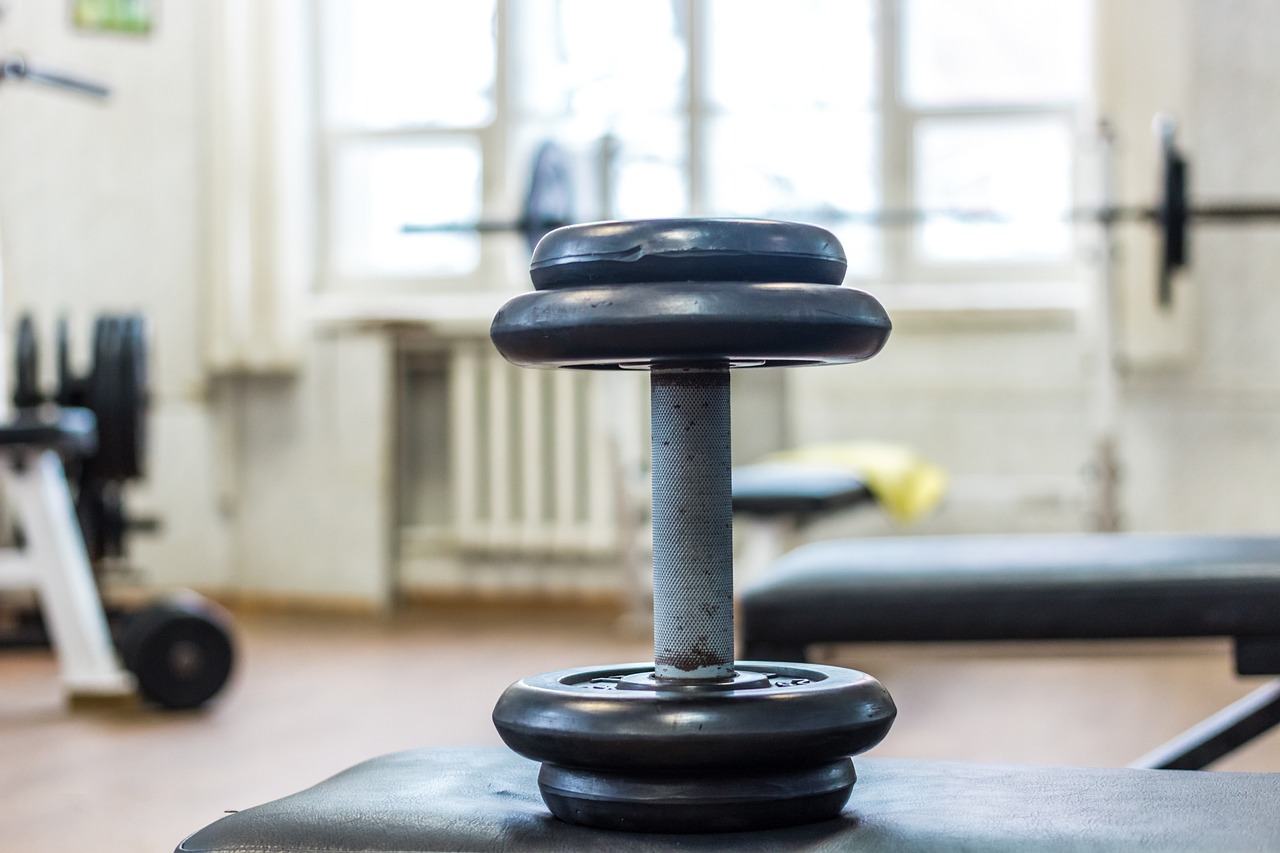The Relationship Between Lung Health and Mental Well-being in Older Adults: Betbhai9 login, Radhe exchange registration, 99 exchange
betbhai9 login, radhe exchange registration, 99 exchange: As we age, it becomes increasingly important to take care of both our physical and mental well-being. One crucial aspect of overall health that often goes overlooked is lung health. The relationship between lung health and mental well-being in older adults is a topic that deserves more attention, as these two aspects of health are intricately connected.
Lung health plays a vital role in how well we can function on a day-to-day basis. Healthy lungs allow us to breathe easily, deliver oxygen to our bodies, and remove carbon dioxide. As we age, our lung function naturally declines, making it harder to perform simple tasks like climbing stairs or taking a brisk walk. This decline in lung function can have a direct impact on our mental well-being.
When our lungs are not functioning at their best, we may experience feelings of fatigue, anxiety, and even depression. Difficulty breathing can be a source of constant stress and worry, leading to a negative impact on our mental health. Conversely, poor mental health can also contribute to worsening lung function, creating a vicious cycle that can be challenging to break.
It’s essential for older adults to prioritize their lung health to maintain overall well-being. Regular exercise, such as walking, swimming, or yoga, can help improve lung function and strengthen respiratory muscles. Avoiding tobacco smoke and other pollutants is also crucial in preventing lung damage. Additionally, staying up to date on vaccinations, such as the flu shot and pneumonia vaccine, can help protect against respiratory infections that can further impair lung function.
Incorporating mindfulness practices, such as deep breathing exercises and meditation, can also have a positive impact on lung health and mental well-being. These practices can help reduce stress, improve focus, and enhance overall emotional health. Maintaining a healthy diet rich in fruits, vegetables, and lean proteins can also support lung function and promote mental clarity.
As we age, it’s essential to be proactive in addressing both our physical and mental health needs. By taking steps to improve lung health, such as exercising regularly, avoiding smoking, and practicing mindfulness, older adults can enhance their overall well-being and quality of life. Remember, it’s never too late to prioritize your health and make positive changes for a brighter future.
—
**FAQs**
1. **How does smoking affect lung health in older adults?**
Smoking can have a detrimental impact on lung health at any age, but the effects can be more pronounced in older adults. Smoking damages the lungs and can lead to conditions such as chronic obstructive pulmonary disease (COPD) and lung cancer. Quitting smoking is one of the best ways to protect lung health and overall well-being.
2. **What role does exercise play in maintaining lung health?**
Exercise is crucial for maintaining lung health as we age. Physical activity helps improve lung function, strengthen respiratory muscles, and enhance overall cardiovascular health. Activities like walking, swimming, and yoga can all benefit lung health and mental well-being.
3. **How can mindfulness practices improve lung health and mental well-being?**
Mindfulness practices, such as deep breathing exercises and meditation, can help reduce stress, anxiety, and depression. By incorporating these practices into your daily routine, you can support lung health, improve focus, and enhance emotional well-being.
4. **Are there any specific dietary recommendations for improving lung health?**
A healthy diet rich in fruits, vegetables, whole grains, and lean proteins can support lung health and overall well-being. Foods like berries, leafy greens, nuts, and fish contain nutrients that can help improve lung function and reduce inflammation in the body.
5. **Is it ever too late to start prioritizing lung health in older adults?**
It’s never too late to start taking steps to improve lung health and mental well-being. By making healthy lifestyle choices, engaging in regular physical activity, and practicing mindfulness, older adults can enhance their overall quality of life and enjoy better health in their later years.







